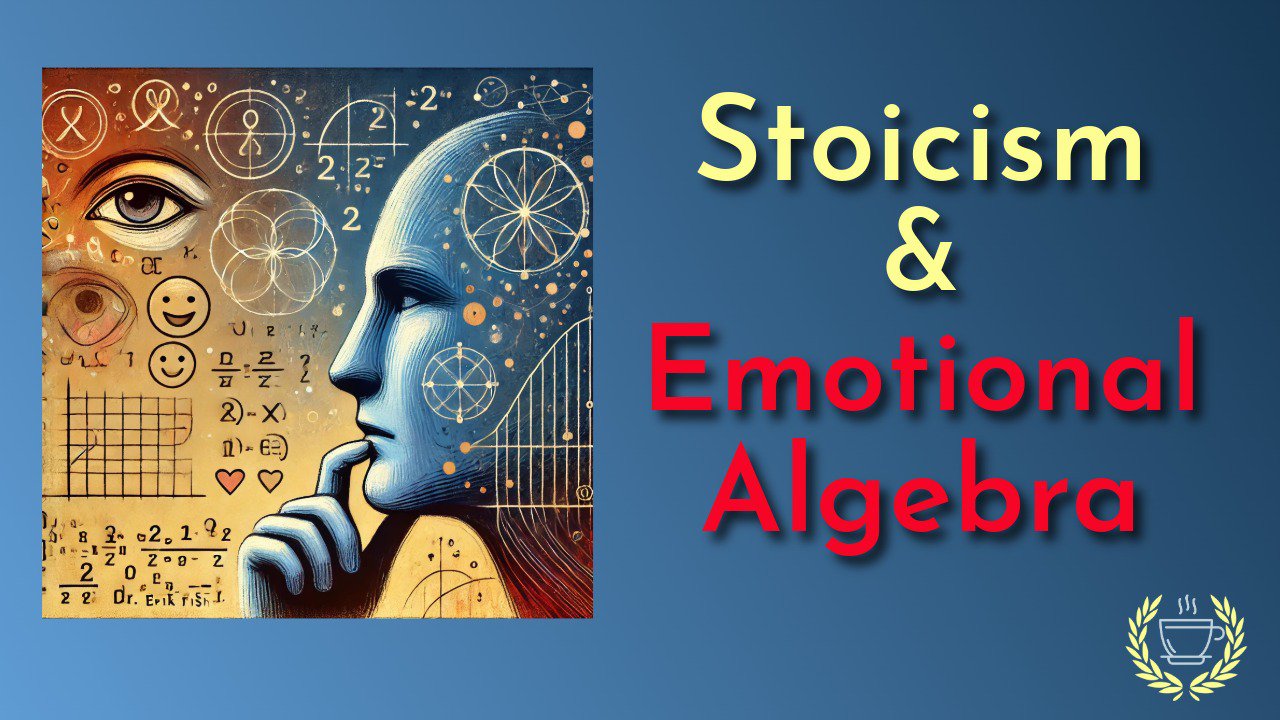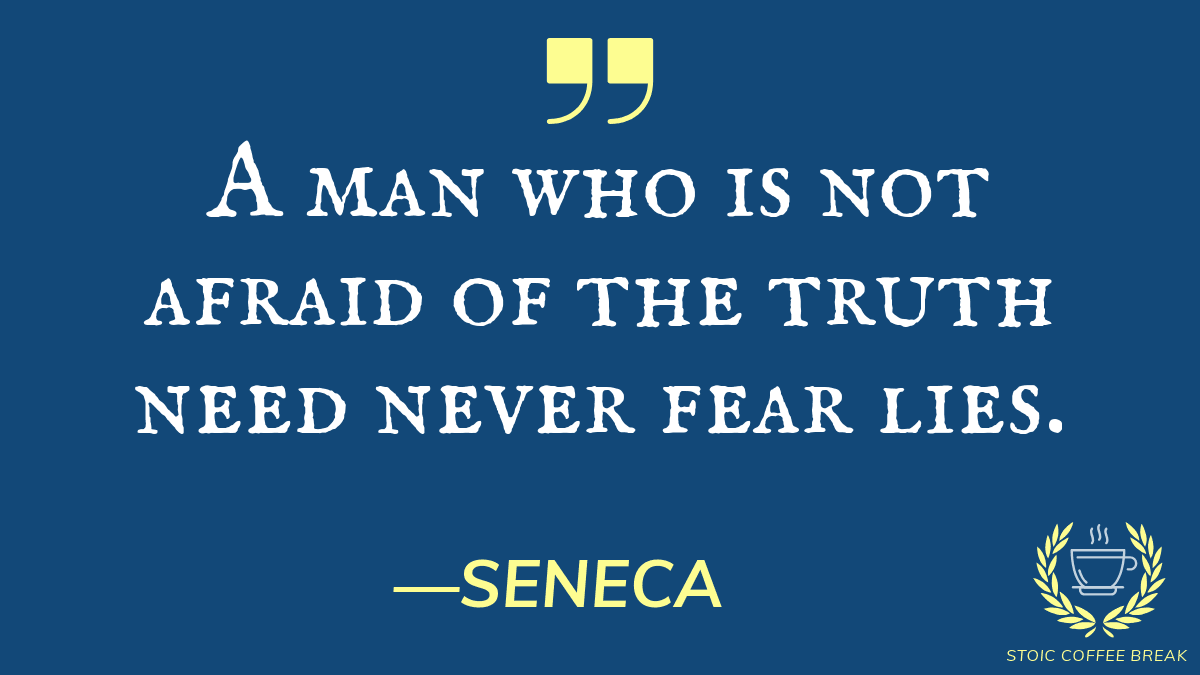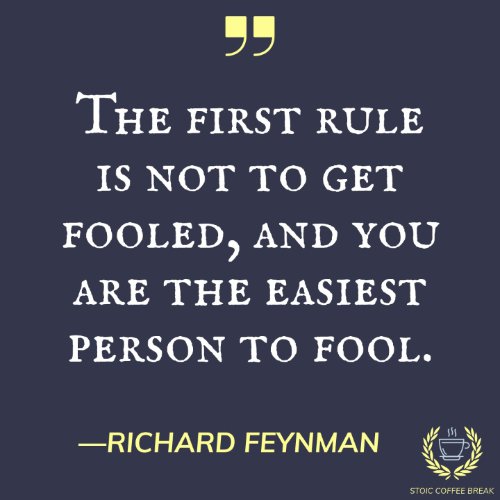Tag: Marcus Aurelius
-

330 – Emotional Algebra: Interview with Dr. Erik Fisher
Explore the transformative power of Stoicism in enhancing mental health with insights from Dr. Erik Fisher. Discover how understanding and embracing emotions can lead to profound personal growth and resilience. Learn practical techniques on how to use Stoicism for better mental health and navigate life’s challenges with wisdom and grace.
-

326 – How to Break Up Without Breaking Down: A Stoic’s Guide for Letting Go
”There can be no doubt that the desire lovers have for each other is not so very different from friendship – you might say it was friendship gone mad.” —Seneca Navigating the end of a relationship can be profoundly challenging, but Stoicism offers timeless wisdom to help us heal and grow. By viewing love as…
-

325 – New Year Same You? The Stoic Guide to Effective Resolutions
”Life is long if you know how to use it.” —Seneca As the new year dawns, many of us set ambitious resolutions, yet often struggle to see them through. In this episode we draw on Stoic wisdom, exploring practical strategies for effective goal-setting—focusing on reflection, gratitude, and the process rather than just the outcome. Embrace…
-

324 – Kintsugi and Stoicism: Finding Strength in the Beauty of Broken Things
“The world breaks everyone, and afterward, many are strong at the broken places.” — Ernest Hemingway Imagine a broken bowl mended with gold, its cracks transformed into art. This is Kintsugi, the Japanese philosophy that sees beauty in imperfection. Paired with Stoicism, it teaches us to embrace life’s challenges, turning our scars into symbols of…
-

323 – Truth vs. Ego: Stoicism and the Backfire Effect
“A man who is not afraid of the truth need never fear lies.” —Seneca Ever tried changing someone’s mind, only to see them dig in deeper? That’s the backfire effect—a cognitive bias where contradicting evidence strengthens existing beliefs. Discover how Stoicism can help us navigate and mitigate this bias, fostering growth and intellectual humility.
-

319 – Q & A: Self Gaslighting, Communication, Romance, and Amor Fati
In this week’s Stoic Coffee Break, Erick Cloward delves into the intricacies of self-gaslighting, emotional regulation, and how Stoicism can enhance communication and romantic relationships. Through personal anecdotes and philosophical insights, he offers practical advice on navigating emotions and fostering deeper connections with others. Join Erick as he explores the timeless wisdom of Epictetus and…
-

316 – How to Be Unconquerable: Stoic Principles for Living Your Best Life (Part 1)
“It is the power of the mind to be unconquerable.” —Seneca Do you feel like you’re not living up to your potential? Discover how Stoic principles can transform your mindset and empower you to take control of your life. Learn the first steps towards becoming unconquerable by embracing personal responsibility, focusing on what you can…
-

309 – Think Again: Stoic Tools to Dismantle Confirmation Bias
“The first rule is not to get fooled, and you are the easiest person to fool.” —Richard Feynman Do you find yourself clinging to beliefs despite contradictory evidence? Discover how the Challenger disaster underscores the perils of confirmation bias and learn Stoic strategies to challenge your assumptions, fostering a more objective and rational mindset.
-

303 – The Antidote to Anger: The Art of Stoic Acceptance
“If you are irritated by every rub, how will your mirror be polished?” —Rumi Do you struggle with anger? Discover how Stoicism can help you transform that rage into peace. By embracing the art of acceptance and understanding the root causes of our emotions, we can lead more harmonious lives. Dive deep into personal stories…
-

302 – Stoic Fatherhood: Timeless Wisdom for Modern Dads
“Waste no more time arguing what a good man should be, be one.” —Marcus Aurelius Discover the profound wisdom of Stoicism and its timeless lessons on fatherhood through the eyes of Marcus Aurelius, Epictetus, and Seneca. Reflecting on personal experiences, Erick Cloward reveals how these ancient principles can guide modern dads in fostering virtue, patience,…